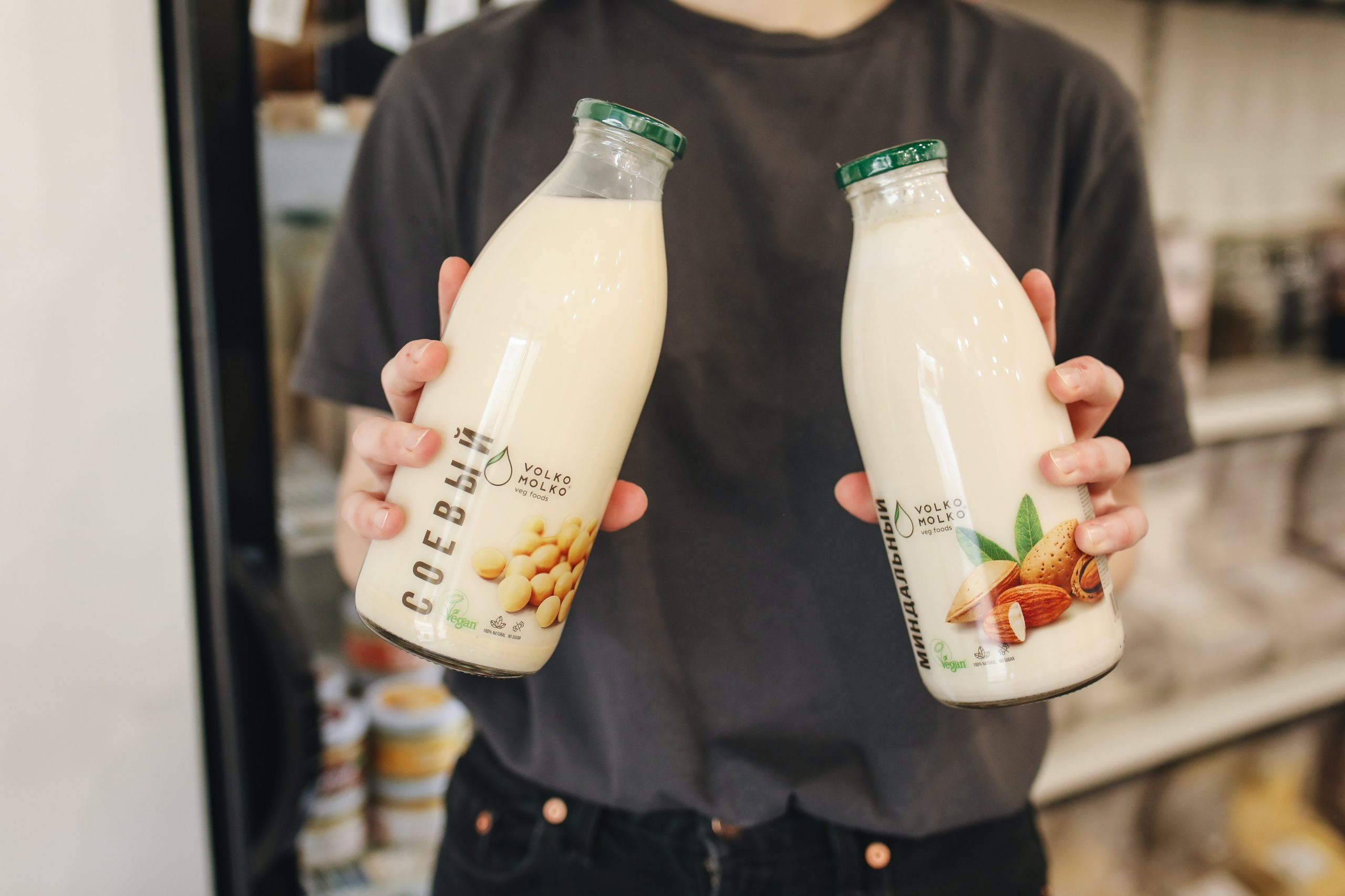When we were young, many of us had parents that would not let us leave the dinner table without finishing a glass of whole milk. “It’ll give you strong bones,” they said. Now the tables have turned. The days where we only had the choice of one milk, when trips to the grocery store for coffee creamer were simple and decisive, and when lactose intolerant individuals struggled, are over. With an evolving society comes evolving food. It makes sense, but your choice of milk just got much more difficult. If you are willing to step outside the comfort zone of your go-to milk beverage and try something new, here is what you should know about the uncharted and non-dairy territory.
Cow’s Milk
This can be considered the original mother goose of all milk. Although it is higher in fat and calories than other milk beverages, it is packed with essential nutrients like calcium, potassium and vitamin D. It also has natural sugar from the lactose and healthy omega-3 fatty acids. All of the vitamins and minerals make it beneficial for infants and the elderly.
Soy Milk
As one of the first alternatives that hit the market for people with lactose allergies, this is a healthier alternative to the typical cow’s milk. According to Healthline.com, soy milk has almost the same amount of protein as cow’s milk but it is naturally cholesterol free because it is made from plants and is low in saturated fat. One of the few downsides to this milk is that in the original and sweetened brands, there is a decent amount of added sugar, so we recommend the unsweetened brands.
Rice Milk
An ideal option for those with lactose and nut allergies according to HealthLine.com, rice milk is a very simple drink. When it is fortified, it can be a good source of calcium and vitamin D, but aside from that it is not very nutritious. It is low in protein and high in carbohydrates, but it is vegan-friendly and it has no cholesterol.
Cashew Milk
Relatively new to the market, cashew milk is slowly gaining traction with nut milk lovers. Similar to almond milk, this is a great low-calorie option to be added into protein drinks or healthier dishes, but it is also low in protein. You will enjoy the creamy taste of cashew milk, but it has little other benefits.
Coconut Milk
Once Starbucks added it to their menu, coconut milk became very popular. Even so, it is the least nutritious of the milk alternatives. If you love the taste of coconut, it is a low calorie drink option, but it has very little protein and high saturated fat. This is a vegan-friendly, lactose-free option.
Almond Milk
Growing up as a cow’s milk drinker, this is my favorite alternative because it is healthier but has a similar consistency and taste to skim milk. This a great option for health-conscious individuals because it is low in calories and contains no cholesterol or saturated fat. Although it is another option for lactose intolerant individuals, almond milk unfortunately has minimal protein. On the bright side, this is a great base for protein shakes and baking because of the low calorie count.
Related articles:
7 Must-Have Cookbooks For All Skill Levels!
6 Ways To Improve Sleep Without Counting Sheep
How Do You Create A Pet-Friendly Home?
Scrub A Dub: 6 Scrubs For Softer Skin

